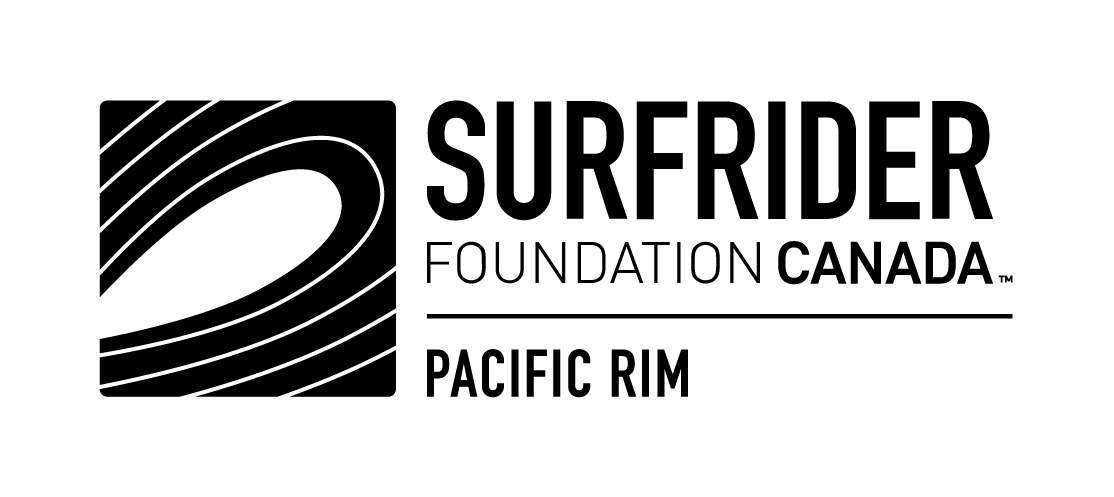The First Street Dock: Foam Failure to Community Win
By Amorita Adair
The First Street dock is a special place. The site of powerful protests, reconnection to family after a long day, the sea glass hunting spot for the Children’s Community Center. But this dock is held afloat by a dirty problem: expanded polystyrene foam (EPS foam for short). EPS foam is a largely inert product, made from petroleum, and consists of small polystyrene beads that are fused together. It’s commonly used in commercial and privately owned docks in Canadian waterways because it is a cheap and lightweight material that can function as a floatation device.
Unfortunately, EPS foam is toxic and degrades easily, breaking down into smaller pieces and individual beads. Storms, currents, wildlife, and varying weather conditions all contribute to the breakdown of EPS foam docks. These foam pieces never biodegrade, washing up on beaches where they become too small to collect. Polystyrene also leaches chemicals like benzene and styrene into the waterways. Marine animals such as birds and fish mistake this pollutant for food, and it has been shown in animals to reduce fertility, decrease energy and affect development. EPS foam also takes up valuable stomach space in marine animals leading to a false sense of fullness which can lead to starvation. As many of these marine animals are part of the food web, plastic and the chemicals it contains become incorporated into the food chain which can lead to health problems such as cancers and even death in humans.
EPS foam pollution varies from region to region, but the Marine Debris Cleanup groups in British Columbia report that 40-80% of the debris removed from shorelines is EPS foam. For years, Surfrider Pacific Rim and concerned locals have documented this wharf, among numerous other local docks, breaking apart and polluting local waters.
Fortunately, this First Street foam failure is getting a makeover. With the help of a grant from the Alberni-Clayoquot Regional District (ACRD), Surfrider Pacific Rim in collaboration with and support of the District of Tofino will be replacing the EPS foam dock with air-filled HDPE pipes.
The EPS foam will be recycled through our partner, Ocean Legacy Foundation. Ocean Legacy, in partnership with the ACRD, has recently opened an Ocean Plastic Recycling Depot at the West Coast Landfill. Surfrider volunteers and partners who execute beach cleans can apply for a free Depot Membership, making it easier to recycle marine debris collected from beach clean ups! Some of the items that can be recycled include hard plastic buoys, plastic bottles, hard mixed plastic pieces, netting, foam floats, barrels and rope.
Though there are many different solutions posited for replacing the un-encapsulated EPS foam, ultimately it was decided that air-filled HDPE pipes were the most sustainable. They avoid EPS foam altogether (some replacements are simply encapsulated foam, which can still break up in winter storms, and are actually more costly to clean up due to additional weight and water retention). HDPE pipes are non-toxic, will not pollute the water, and will not crack or chip. They are proven in harsh environments such as the Arctic and are ideally suited to salt water.
We at Surfrider Pacific Rim are hoping this is just the beginning of getting EPS foam out of local waterways. As there is no single authority with the power to regulate all marine uses of EPS, the British Columbia Marine Debris Working Group (of which Surfrider Pacific Rim is a member) are advocating that the federal government should list EPS foam for all aquatic applications on the Priority Substances List of the Canadian Environmental Protection Act. The addition of EPS foam on this list would mean a toxic designation; a substance posing a risk to the health of Canadians or to the environment.
The Department of Fisheries and Ocean can regulate fisheries and small craft harbours under its jurisdiction; however, this does not extend to private dock owners, private marinas and marine based industries. With this new local solution, perhaps private and publicly owned docks in Tofino and Ucluelet will see the value in replacing their own EPS foam docks, for the health of our communities and waterways! Our goal is to get kids back to collecting sea glass, not foam pellets!
If you’re a dock owner or a party interested in supporting this movement, contact ahoyland@pacificrim.surfrider.org.
